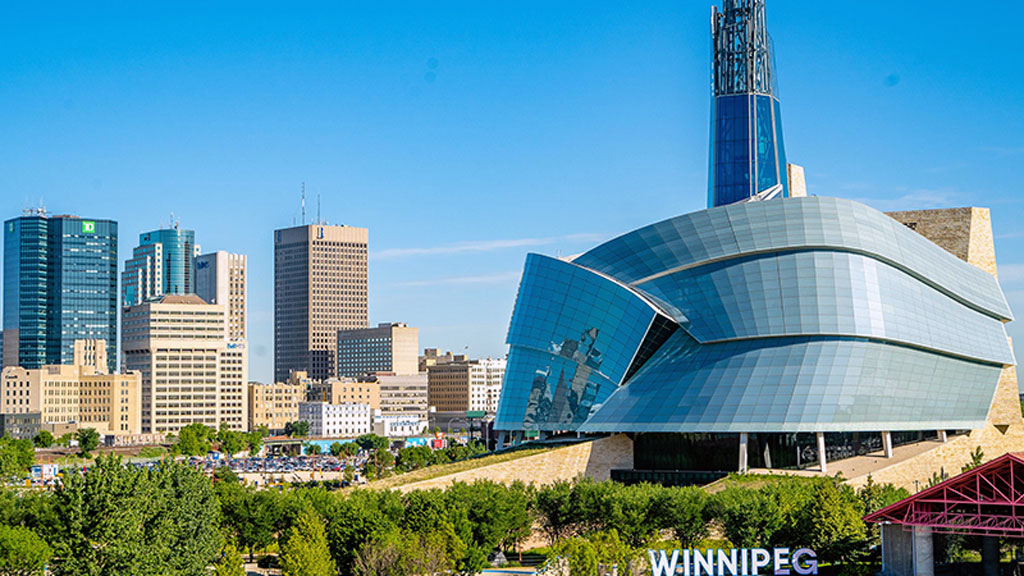The Manitoba Heavy Construction Association (MHCA) is tipping its hat to Winnipeg officials for how they have weathered COVID-19’s economic headwinds and are urging them to hold fast.
“What we are encouraging the city to do for the budget is stay the course,” said Chris Lorenc, MHCA president. “The city I think has done very well by adopting a four-year operating budget and that’s allowed it to weather the storm better than I think they themselves anticipated.”
In addition to the four-year budget plan, Lorenc said other things were done right, including utilizing federal top-up funds, shrewd expense management and strategic reductions to services when warranted.
Lorenc also praised the city for its capital program during the pandemic. He said their investment in infrastructure created an immediate impact to local GDP, allowed people to continue working and ensured revenues flowed through programs and into the economy. He said this was a boon to the federal and provincial governments who reaped corporate and personal income taxes.
Looking ahead to the city’s upcoming budget, the MHCA is now asking the city to stay the course of its four-year plan and encourage all levels of government to support economic recovery. They are also asking for the implementation of a capital region economic growth plan so the Winnipeg Capital Region can become a focused destination for extra-provincial investment.
An example of how to do this would be to accelerate projects like the Chief Peguis Trail and infrastructure improvements around CentrePort Canada, noted Lorenc. He explained this could create thousands of homes, attract thousands of residents and help engineer the region as a domestic, continental and global trade hub.
He is also encouraging the city to pressure all levels of government to enter into a new fiscal deal with municipalities.
“The reality is that the revenue streams that municipalities have access to are inadequate for the tasks and service demands they now fac. It’s long overdue that there is a new fiscal deal and an economic growth and benefit arrangement between municipalities and the provincial government,” said Lorenc.
There also needs to be a successor plan to the accelerated regional streets program which expires in 2023.
“The regional streets carry 80 per cent of traffic in Winnipeg and these are the key arteries that move people to jobs and products to market,” he added. “If we want to accelerate our global trade proposition we cannot be without a regional road system.”
Officials must undertake a stakeholder driven group resourced by public works and the office of economic development to create a detailed strategic infrastructure plan that identifies targeted strategic goals and objectives, where growth can and will occur, what the appropriate level of service the system should be designed to provide and prioritizes the best projects for the economy.
Zeroing in on local roads, the association is asking the city to provide an updated needs assessment of streets.
“2022 is very much a transitional year that is afforded to the city because of its prudent approach to the operation budget and because it stuck to its guns and continued investment in core infrastructure,” said Lorenc. “This an opportune time to begin the policy shift discussions necessary to move Winnipeg, the capital region and the province forward.”
Follow the author on Twitter @RussellReports.










Recent Comments
comments for this post are closed